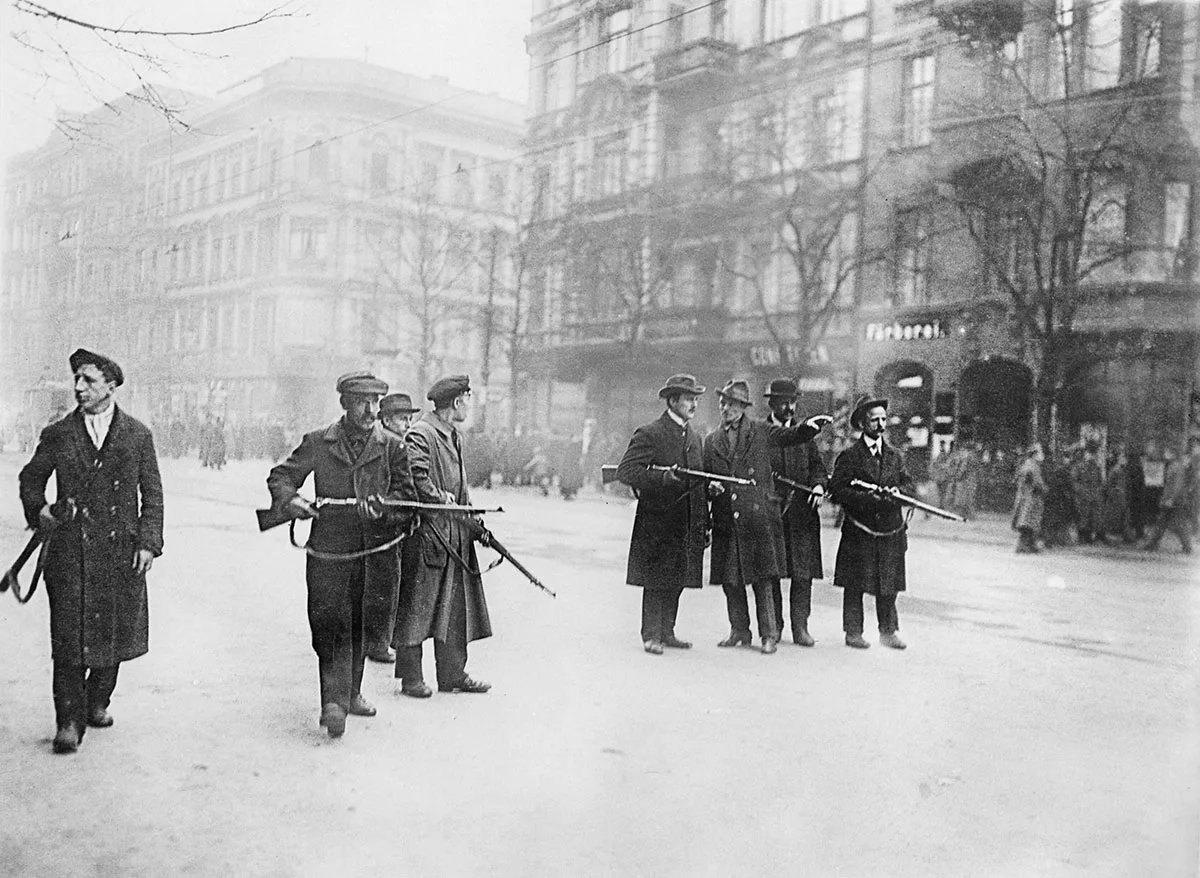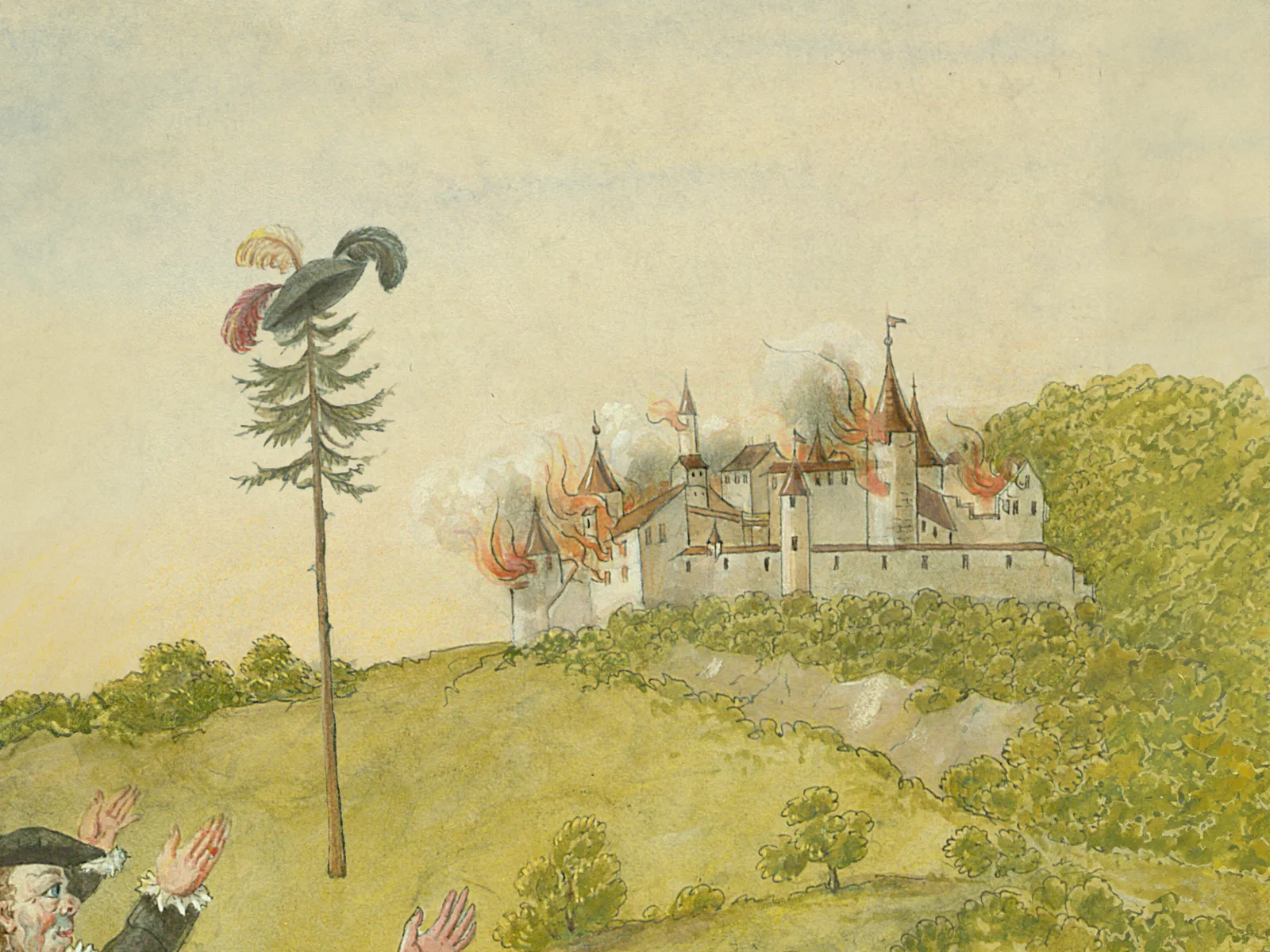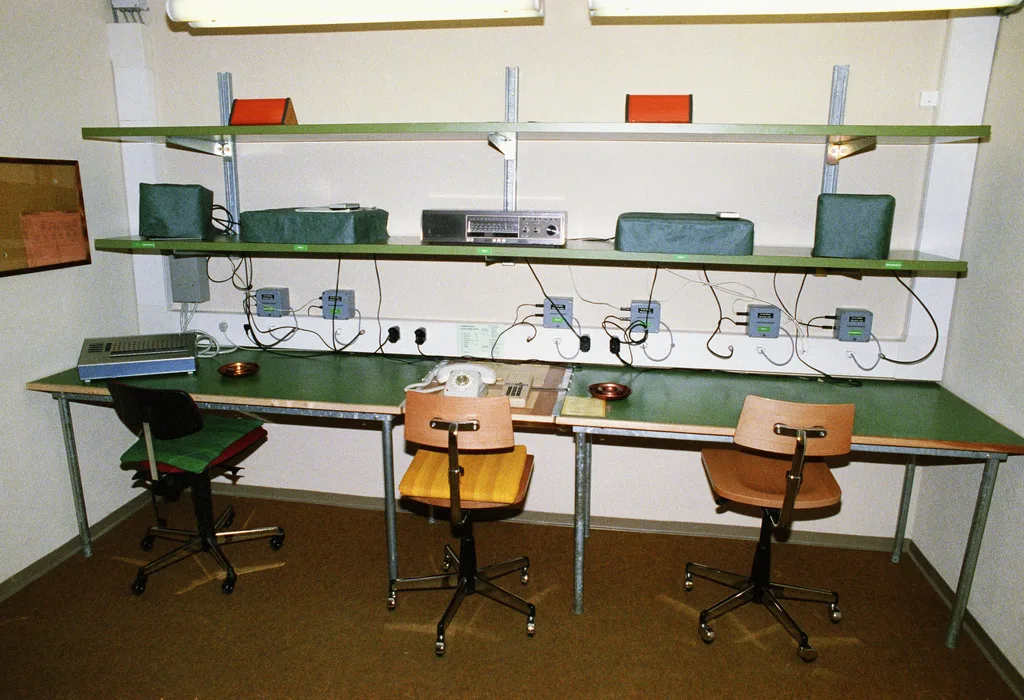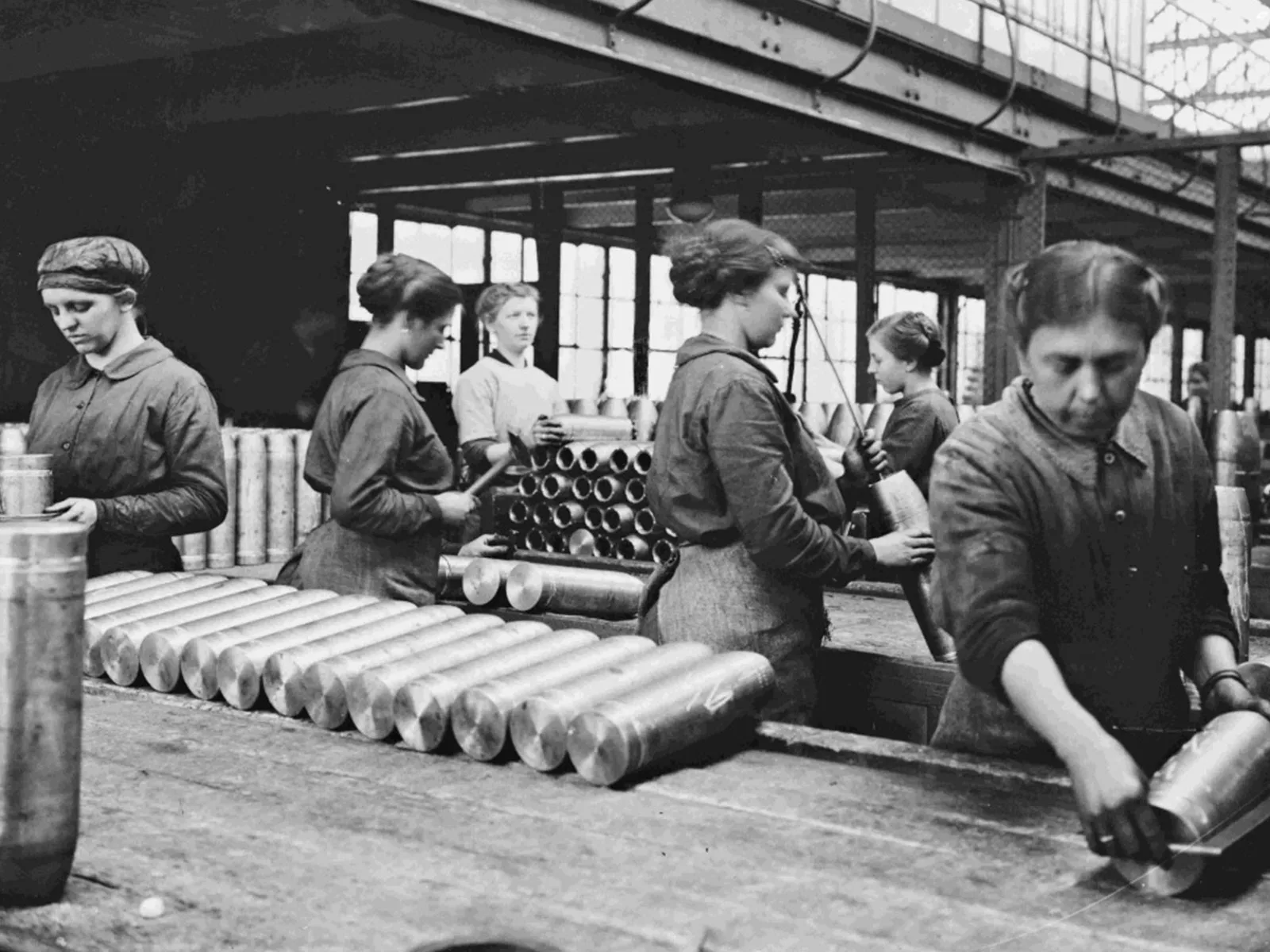
Travels in Germany during the First World War
Despite the dangers, Jean Bucher, boss of a Swiss manufacturer of agricultural machinery, travelled to Germany several times during the First World War. With him he carried his travel diaries, in which he impressively captured daily life in a country at war.
This is what led Swiss businessman Jean Bucher to set off to meet an agricultural machinery manufacturer in Germany. On the journey he captured his thoughts and impressions in diaries. This is how he described his train journey in December 1916: “In Tuttlingen a nurse alighted with a soldier aged about 22 who had just left the hospital there... He (a Prussian) had obviously given up on life, was cursing the officers and saying that if he made it out alive, he hoped he would never have to experience such mass slaughter again.”
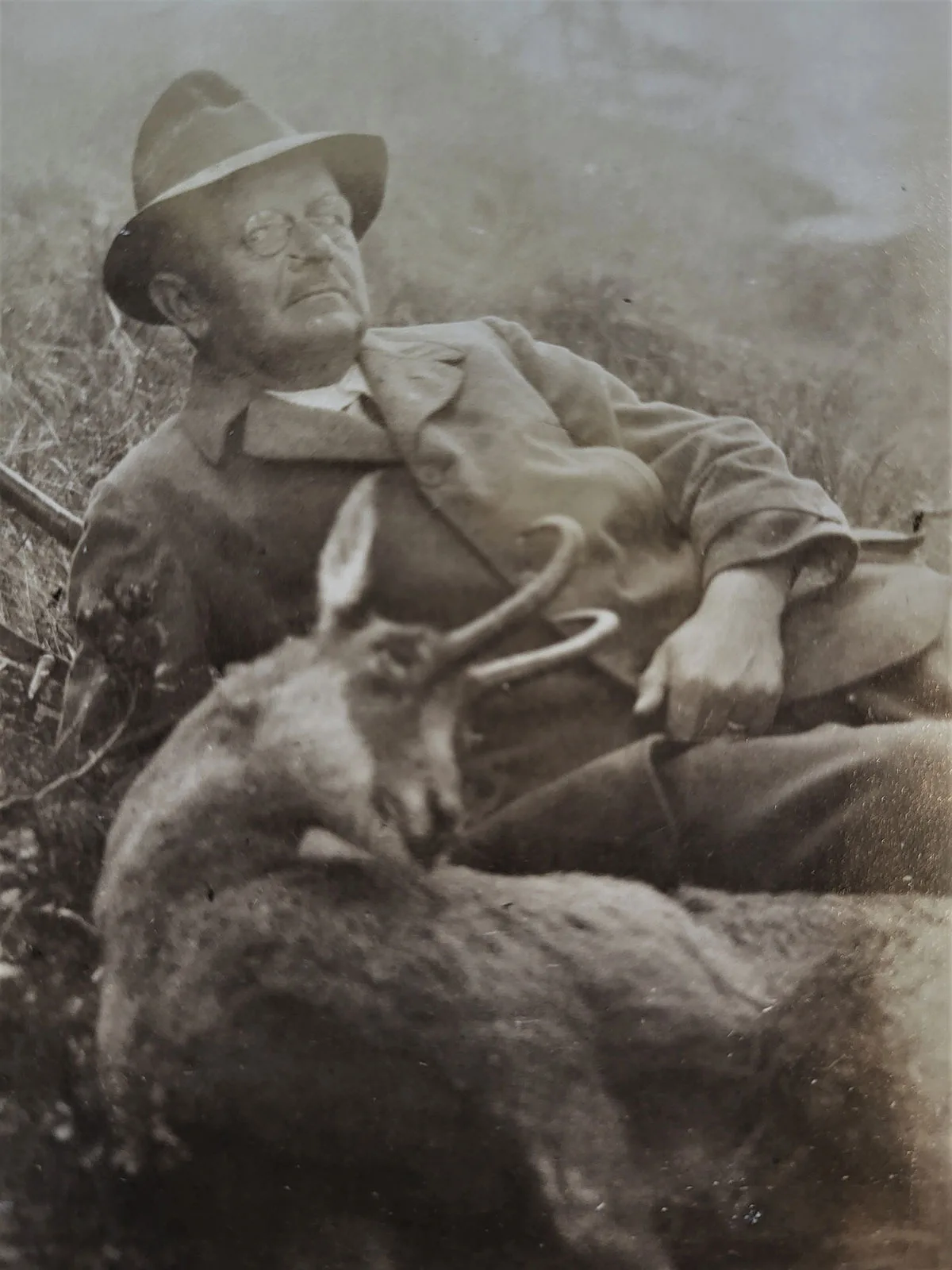
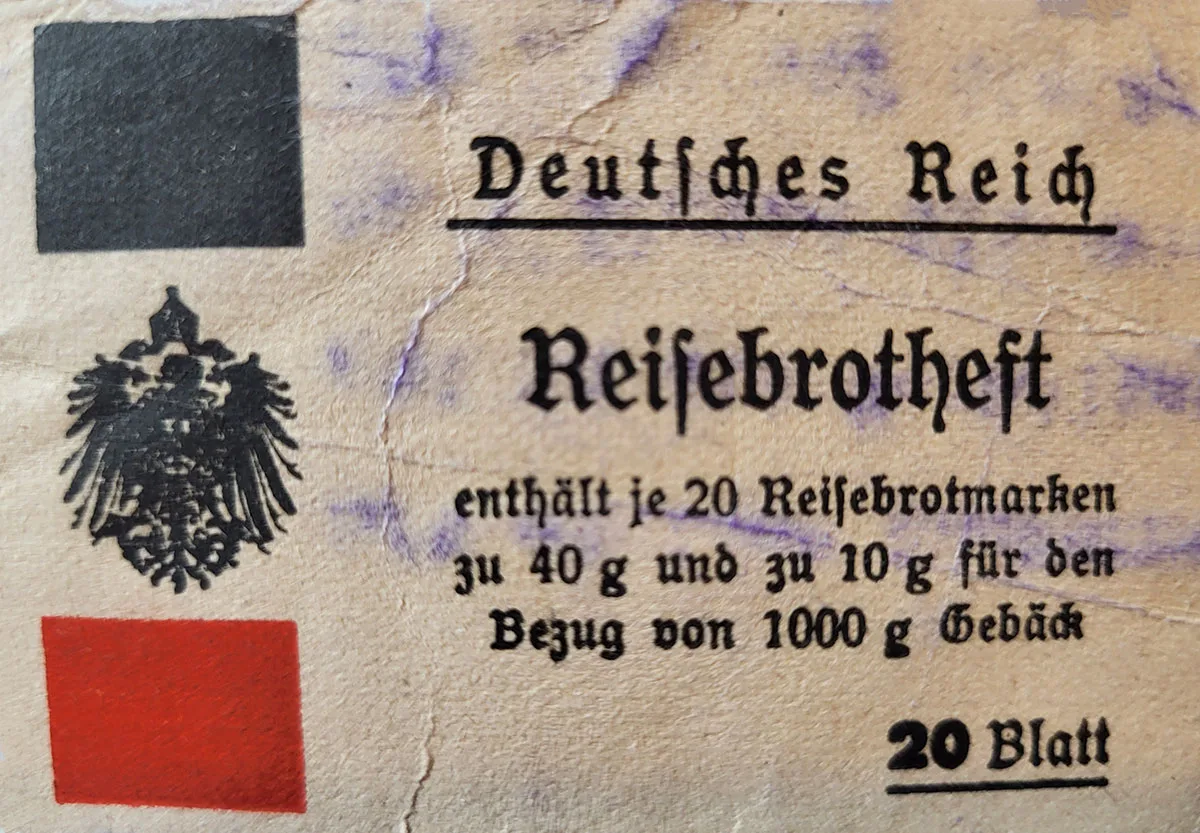
…besides the female tram guards, there are now female train guards too…The daily wage for female rail staff is 2.50 Deutsch Marks plus war allowance.
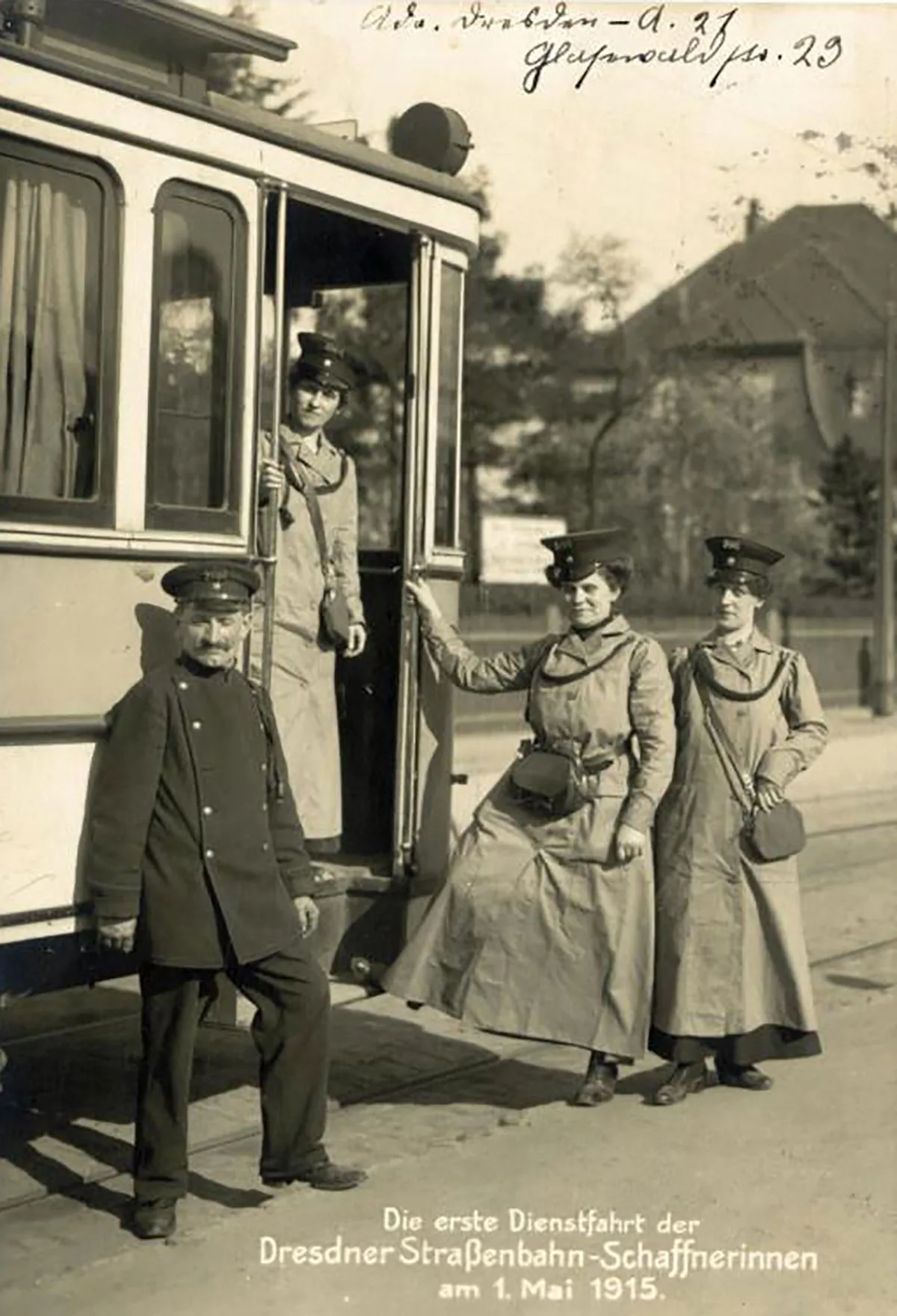
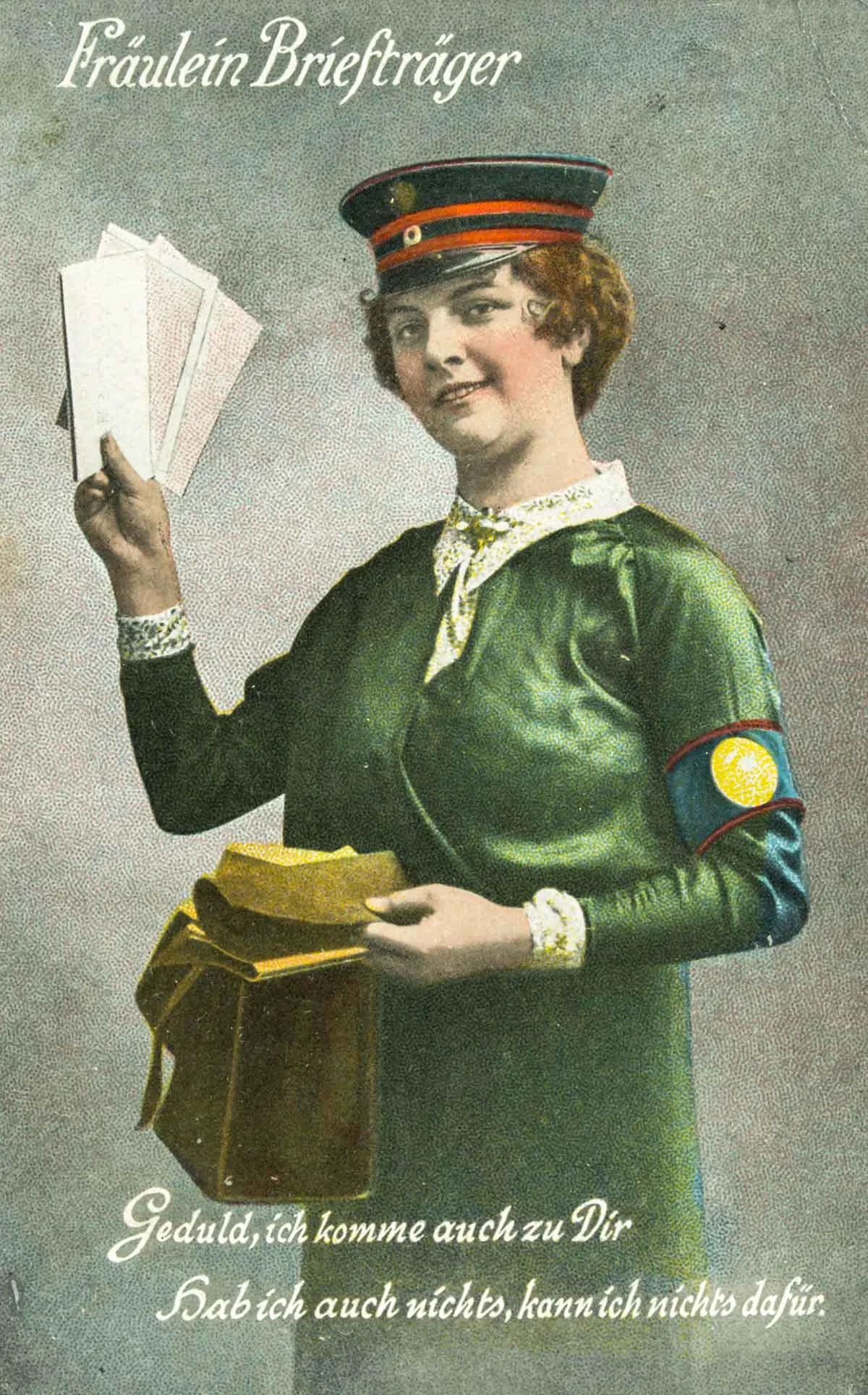
Jean Bucher’s second trip to Germany took him to the Ruhr and to the ironworks of the Brothers Stumm. On his way there, he stopped off in Saarbrücken and visited the movie theatre to watch a film. The screening didn’t last long; at 10.30pm the air raid siren went off.
Everyone fled to the basement. A shower of bullets rained down on the atrium window. The detonations were audible, sometimes loud like a barrage, then dying away, and then all of a sudden, a loud noise that caused the building to shake.
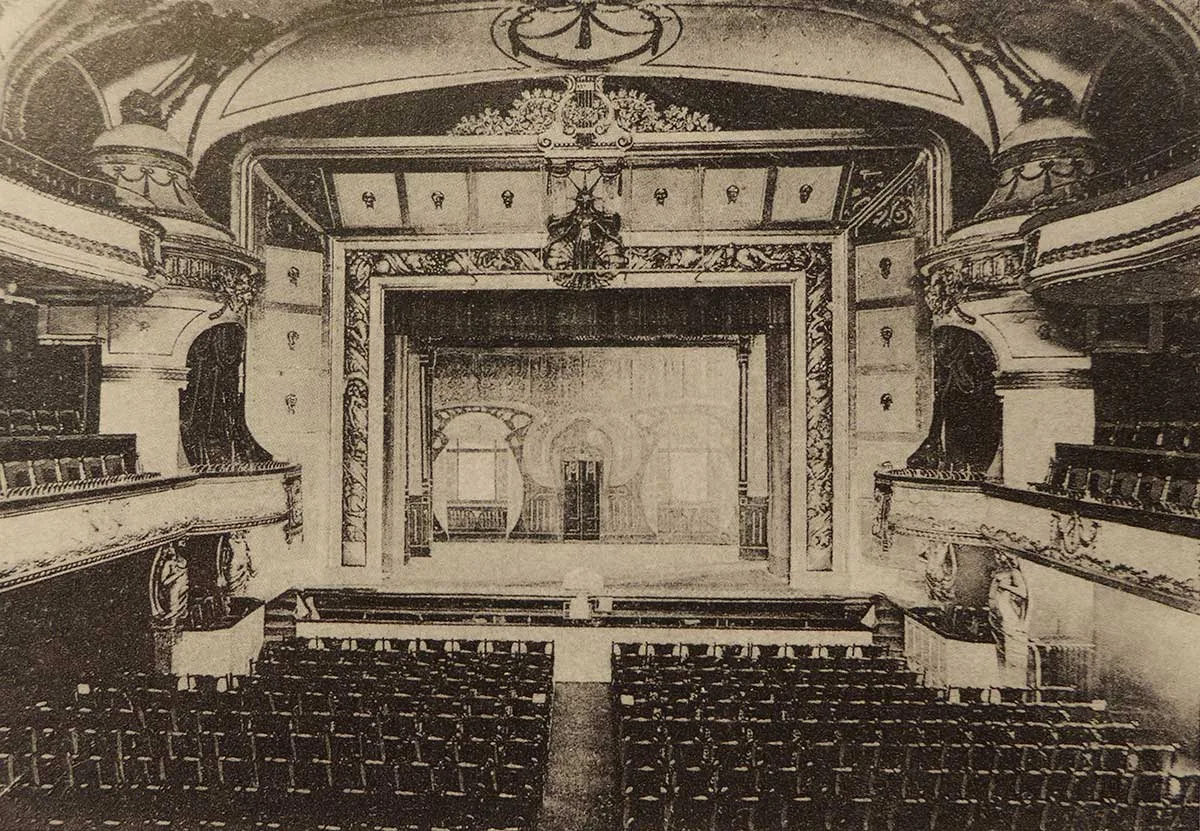
The First World War did officially end on Monday 11 November 1918. By then, some 17 million people worldwide had lost their lives. When Bucher travelled back to Germany a third time – to Stuttgart – in February 1919, he observed truckloads of ploughs together with spare parts being sent to France. “Never to be seen again”, he commented. France therefore acquired its urgently-needed spoils of war. But things didn’t calm down in Germany. The November Revolution saw the fall of the German Empire. With no sign of peace, Bucher cancelled his planned trip to northern Germany. Armed members of the ‘Spartacus League’, the future German communist party, were guarding public buildings and threatening a general strike on a daily basis.
